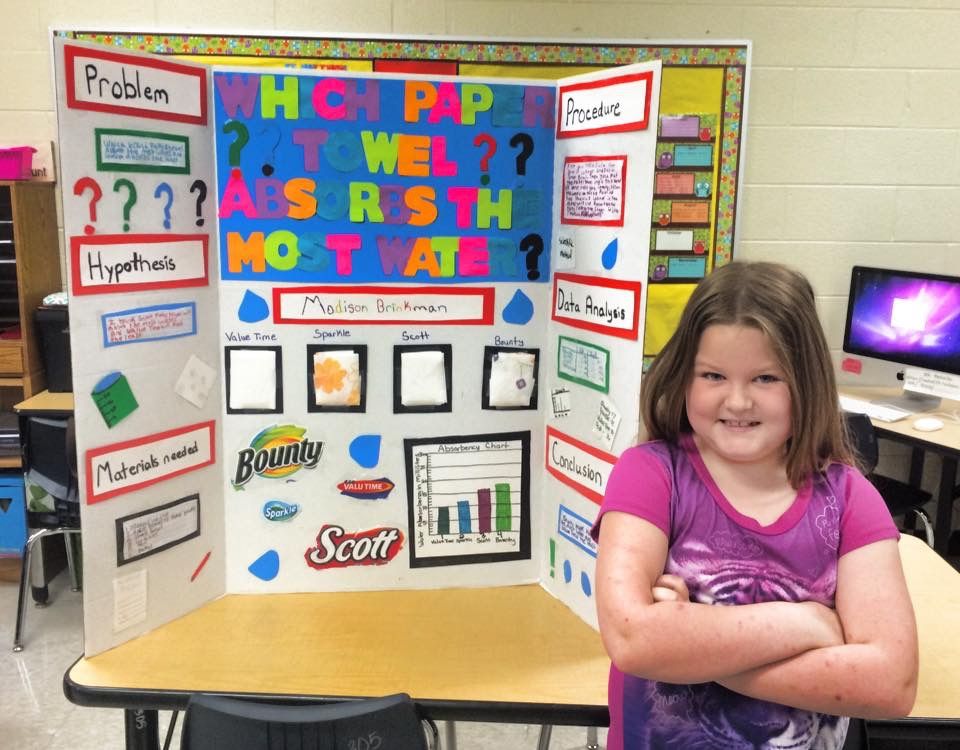
Unlocking Potential: A Comprehensive Guide to Understanding 3rd Graders
Third grade is a pivotal year in a child’s educational journey. It marks a significant shift from learning to read to reading to learn. Understanding the unique developmental characteristics and challenges faced by 3rd graders is crucial for parents, educators, and anyone involved in their growth. This article provides a comprehensive overview of what to expect from 3rd graders, covering academic milestones, social-emotional development, and practical tips for supporting their success.
Academic Milestones for 3rd Graders
The academic landscape intensifies in 3rd grade. Students are expected to master more complex concepts and apply their knowledge in various contexts. Here are some key academic milestones typically achieved by 3rd graders:
- Reading Comprehension: Moving beyond basic decoding skills, 3rd graders focus on understanding the meaning of texts, identifying the main idea, and making inferences. They begin to analyze character motivations and plot developments.
- Writing Skills: 3rd graders develop their writing skills by crafting well-organized paragraphs with clear topic sentences and supporting details. They learn to write different types of texts, such as narratives, informative reports, and opinion pieces.
- Mathematical Concepts: In math, 3rd graders delve deeper into multiplication and division, learn about fractions, and explore geometry concepts like area and perimeter. They also work on solving multi-step word problems.
- Science and Social Studies: 3rd grade science often introduces topics like ecosystems, the solar system, and the human body. Social studies curricula typically cover local and state history, geography, and basic civics.
The Importance of Reading Fluency
Reading fluency is particularly important in 3rd grade. Students who struggle with fluency may have difficulty comprehending texts and keeping up with the curriculum. Encourage reading aloud regularly and provide opportunities for repeated readings to build fluency. [See also: Strategies for Improving Reading Fluency]
Social-Emotional Development of 3rd Graders
Beyond academics, 3rd graders undergo significant social and emotional development. They become more aware of social dynamics and begin to form stronger friendships. Key aspects of their social-emotional growth include:
- Developing Empathy: 3rd graders are increasingly capable of understanding and sharing the feelings of others. They can empathize with characters in stories and show concern for their peers.
- Building Social Skills: Learning to cooperate, share, and resolve conflicts peacefully are essential social skills that 3rd graders continue to develop. They learn to navigate social situations and build positive relationships.
- Increasing Independence: 3rd graders are becoming more independent and responsible. They can handle more complex tasks and take on greater ownership of their learning.
- Managing Emotions: While still learning to regulate their emotions, 3rd graders are becoming better at identifying and expressing their feelings in healthy ways. They may experience a wider range of emotions, including frustration, disappointment, and excitement.
Addressing Social Challenges
Social challenges, such as bullying or peer pressure, may emerge during 3rd grade. It’s important to teach 3rd graders strategies for dealing with these challenges, such as assertive communication and seeking help from trusted adults. [See also: Preventing Bullying in Elementary Schools]
Common Challenges Faced by 3rd Graders
3rd graders may encounter various challenges that can impact their academic performance and well-being. Some common challenges include:
- Difficulty with Reading Comprehension: Students who struggle with reading comprehension may have difficulty understanding complex texts and answering comprehension questions.
- Math Anxiety: Math anxiety can be a significant barrier to learning for some 3rd graders. Creating a supportive and encouraging math environment can help reduce anxiety.
- Attention Difficulties: Some 3rd graders may have difficulty focusing and staying on task, which can impact their learning.
- Test Anxiety: The increased emphasis on standardized testing in 3rd grade can trigger test anxiety in some students.
Supporting Students with Learning Differences
It’s important to identify and support students with learning differences, such as dyslexia or ADHD. Early intervention can make a significant difference in their academic success. [See also: Understanding and Supporting Students with Dyslexia]
Practical Tips for Supporting 3rd Graders
Parents and educators can play a vital role in supporting 3rd graders and helping them thrive. Here are some practical tips:
- Create a Supportive Learning Environment: Provide a quiet and comfortable space for 3rd graders to study and complete homework.
- Encourage Reading at Home: Make reading a fun and enjoyable activity. Read aloud to your child, visit the library regularly, and encourage them to choose books that interest them.
- Practice Math Skills: Incorporate math into everyday activities, such as cooking, shopping, and playing games.
- Communicate with Teachers: Stay in regular communication with your child’s teacher to stay informed about their progress and address any concerns.
- Promote Social-Emotional Well-being: Help 3rd graders develop their social-emotional skills by teaching them how to manage their emotions, resolve conflicts, and build positive relationships.
- Encourage Extracurricular Activities: Participation in extracurricular activities, such as sports, music, or art, can help 3rd graders develop their talents, build confidence, and make new friends.
The Power of Positive Reinforcement
Positive reinforcement can be a powerful tool for motivating 3rd graders. Celebrate their successes, acknowledge their efforts, and provide encouragement when they face challenges.
The Long-Term Impact of a Strong 3rd Grade Foundation
The foundation laid in 3rd grade has a lasting impact on a child’s academic trajectory. Students who develop strong reading, writing, and math skills in 3rd grade are better prepared for future academic success. Moreover, the social-emotional skills they develop in 3rd grade will serve them well throughout their lives. Investing in the success of 3rd graders is an investment in their future.
In conclusion, understanding the unique developmental characteristics and challenges faced by 3rd graders is essential for supporting their growth and success. By providing a supportive learning environment, encouraging reading at home, practicing math skills, communicating with teachers, and promoting social-emotional well-being, parents and educators can help 3rd graders unlock their full potential. The 3rd grade year is a crucial stepping stone, and with the right support, these students can build a strong foundation for a bright future.
